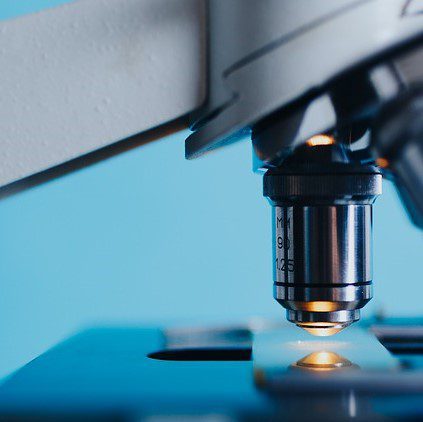Cancer immunotherapy has transformed the landscape of cancer treatment, revealing that not all patients with solid tumors respond effectively to this approach.
As reported by News Medical Life Sciences, UCLA researchers have identified lactate, produced by cancer cells, as a potential inhibitor of the immune system’s ability to combat cancer.
The UCLA team devised a treatment involving a nanocapsule for delivering lactate oxidase into solid tumors.
Lactate has been pinpointed as a key factor contributing to the insufficient response of many cancer patients to treatment.
Previous methods attempting to reduce lactate levels using inhibitors adversely affected healthy cell metabolism in the surrounding tumor areas. The researchers aimed to find a less invasive approach.
Their solution came in the form of tiny nanocapsules capable of delivering lactate oxidase enzymes to solid tumors. This nanocapsule improved the anti-tumor immune response by enhancing the activity of immune cells and the therapeutic effectiveness of immune checkpoint inhibitors.
The critical challenge was transporting the drug into the tumor microenvironment without harming the healthy cells surrounding the tumor. The UCLA team addressed this issue by packaging lactate oxidase into small nanocapsules and delivering them directly into the microenvironment.
In addition to reducing lactate levels in and around solid tumors, the lactate enzyme introduced hydrogen peroxide inside the tumor, further activating immune cells.
Zheng Cao, a doctoral candidate at UCLA and first author, commented that the combination of reduced lactate and the release of hydrogen peroxide assists the immune system in gaining traction against the tumor. These factors also prompted immune cells to invade the tumors, significantly increasing their numbers.
Testing the Nanocapsule Delivery System
The UCLA team tested the nanocapsule delivery system in mice with triple-negative breast cancer and melanoma, measuring tumor growth, analyzing survival curves, conducting RNA sequencing, and studying the immune cell population.
Dr. Cao stated that the oxidase nanocapsules prevented the weakening of the immune system and overcame immune suppression triggered by the tumor.
He added that this dual-action process also improved the effectiveness of immunotherapy treatment, specifically immune checkpoint blockade. Immune checkpoints are normal components of the immune system responsible for preventing an excessive immune response that could harm healthy cells. Dr. Cao suggested that this presents a potential strategy to enhance the efficacy of cancer immunotherapy.
In conclusion, the researchers remain dedicated to exploring lactate oxidase nanocapsules, with the next step being to enhance the effectiveness of CAR T-cell therapy in the context of solid tumors.







